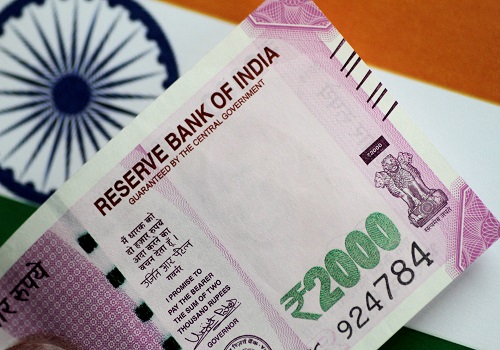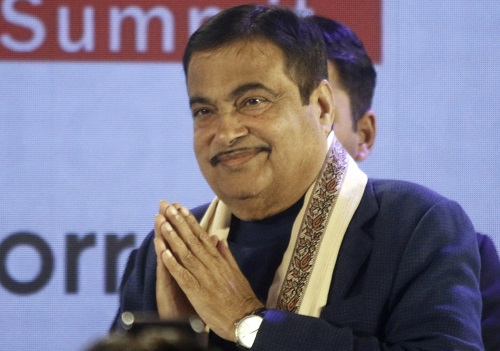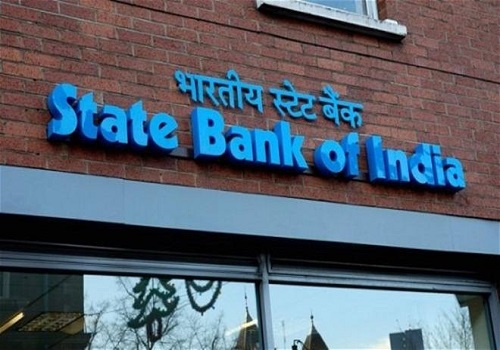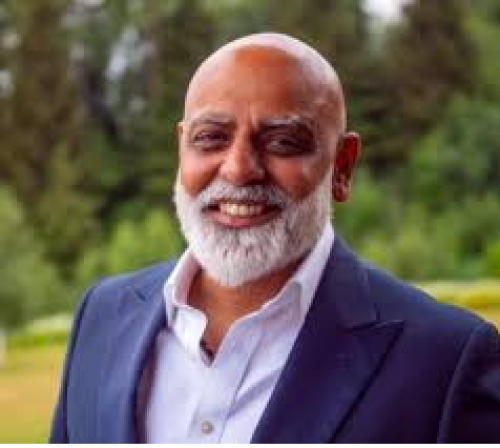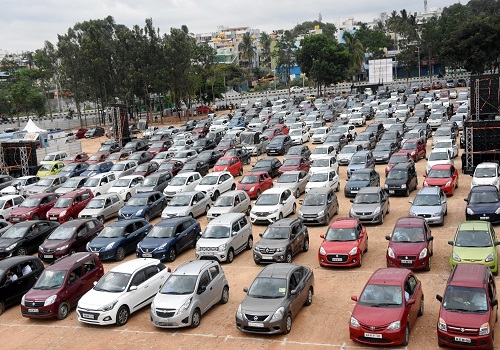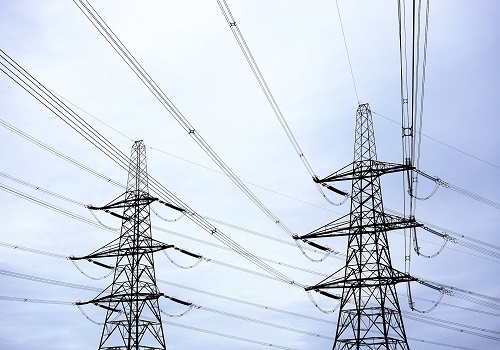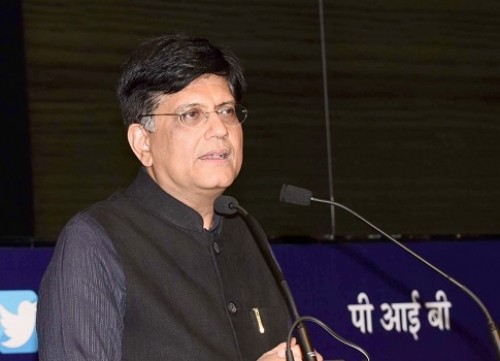India RBI may hike repo rate to 6.00%, pace may slow
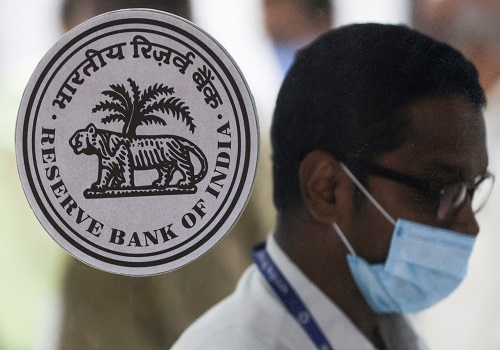
Follow us Now on Telegram ! Get daily 10 - 12 important updates on Business, Finance and Investment. Join our Telegram Channel
The Reserve Bank of India is likely to raise its key policy rate by upto 60 basis points by the end of 2022, before pausing, but the pace of rate hikes is likely to slow down, analysts said.
"We are retaining our view of a terminal policy rate of 6%...We expect a 35 bps hike at the next meeting in September and a final 25 bps hike in December, before growth concerns and the cumulative rate hikes delivered thus far lead the MPC to shift into an extended pause," Nomura economist Sonal Varma said in a note.
The RBI's monetary policy committee (MPC) raised its repo rate by 50 basis points on Friday, the third increase in the current cycle, to cool stubbornly high inflation that has remained above its tolerance band for six straight months.
The RBI has hiked the repo rate by aggregate of 140 basis points since it started its rate hike cycle through an unscheduled meeting in May. It is scheduled to meet in September as well as in December.
Kotak Mahindra Bank said it expects the repo rate to be raised to 5.75%-6.00%, and the RBI to continue with rate hikes as a line of defence, for rupee stability and against elevated inflation.
The Indian rupee has depreciated by 6.9% so far in 2022 against the U.S. dollar, and hit a record low of 80.0650 in July.
The RBI maintained its retail inflation forecast for the current financial year unchanged at 6.7%, and Governor Shaktikanta Das highlighted concerns over elevated inflation.
Even though the annualised inflation reading eased to 7.01% in June from an eight-year high of 7.79% in April, it is expected to remain above the central bank's tolerance range of 6.00% for most of the financial year. The data for July is due on Friday.
Yes Bank said that it expects a 25 bps rate hike at each of the next two meetings, as slowing global growth leads to softer pace of policy tightening.










Tag News

Monthly Debt Market Update, September 2023: CareEdge Ratings





 320-x-100_uti_gold.jpg" alt="Advertisement">
320-x-100_uti_gold.jpg" alt="Advertisement">

